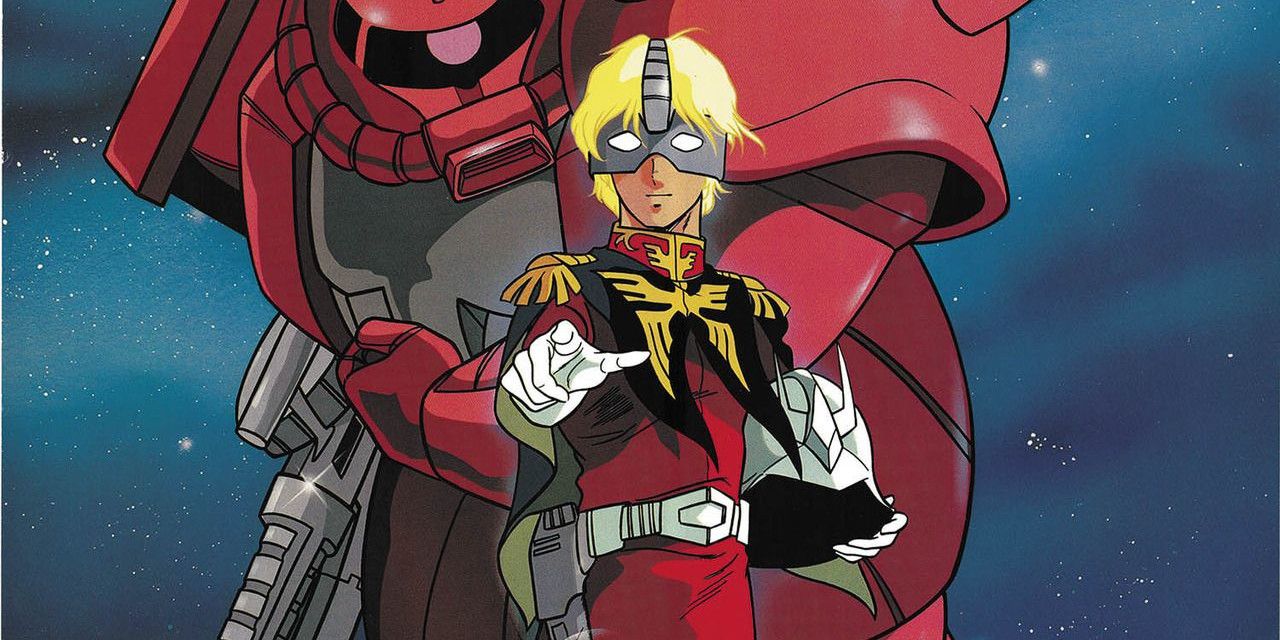
In recent times, it seems like the spotlight has shifted away from science fiction (SF) and towards fantasy and isekai genres. Don’t get me wrong, I still believe SF is here to stay, but it’s clear that some traditional SF tropes have lost their charm compared to the past.
While we don’t need every new SF story to be a revolutionary departure, it’s intriguing to see how many creators are moving away from old tropes and embracing contemporary narratives to captivate new audiences. It’s an exciting time for science fiction as we explore fresh perspectives and reimagine the genre!
In science fiction anime, certain traditional themes were once ubiquitous, yet today are seldom encountered, having given way to more contemporary motifs. While they may occasionally resurface, overall, many familiar tropes have either lost their appeal or been discarded entirely. Some tropes simply don’t hold up over time, while others warrant renewed interest in modern anime.
Space Operas Have Fallen in Popularity Due to Slow Pacing
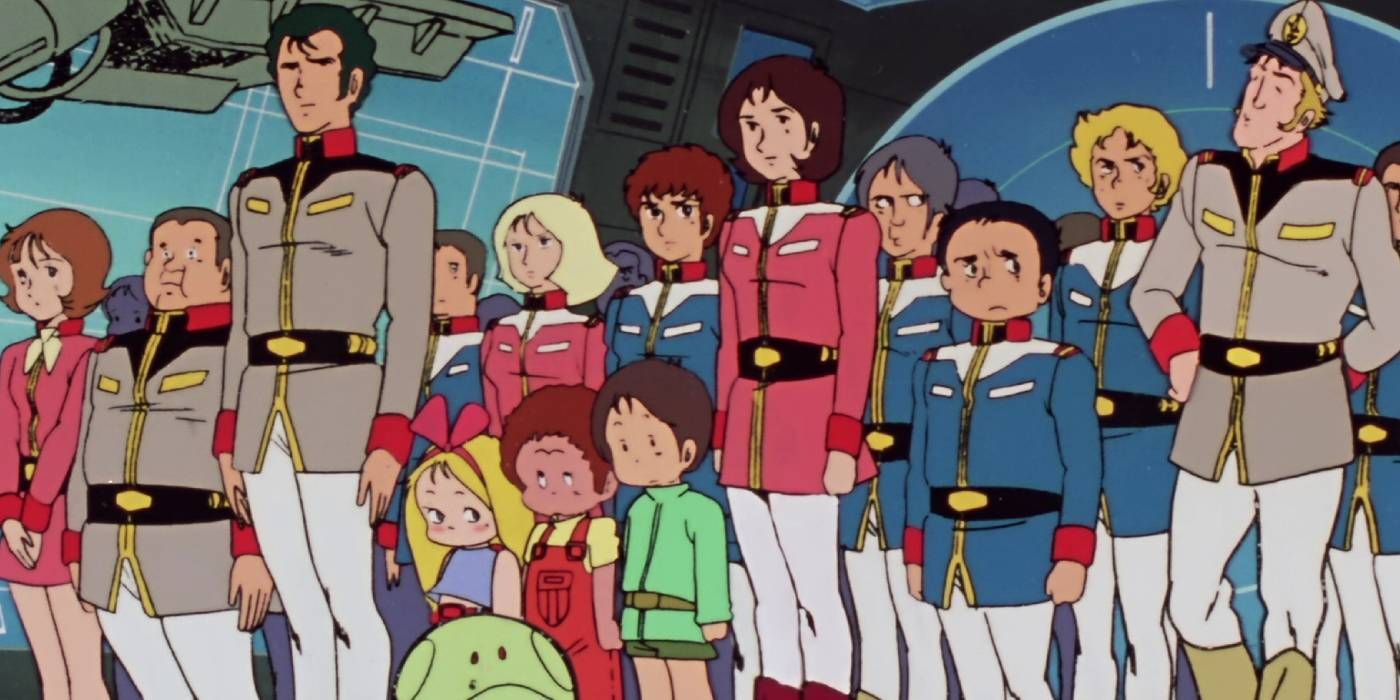
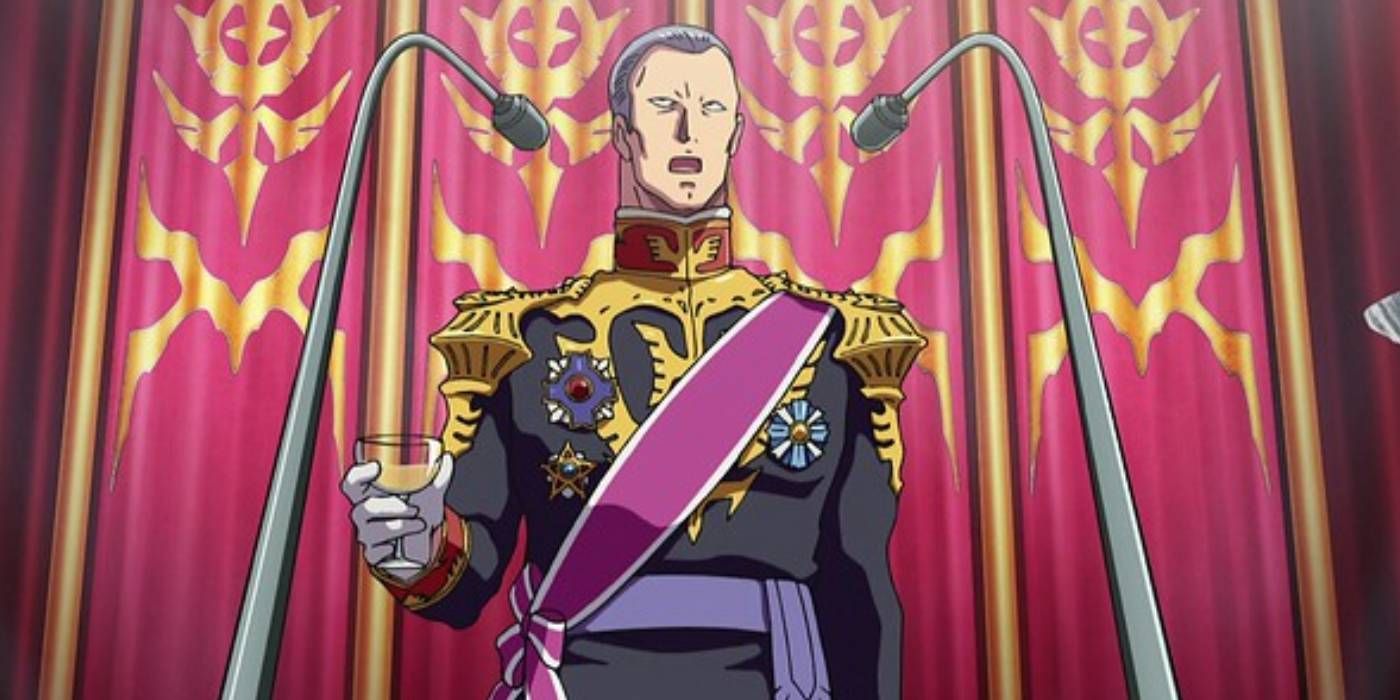
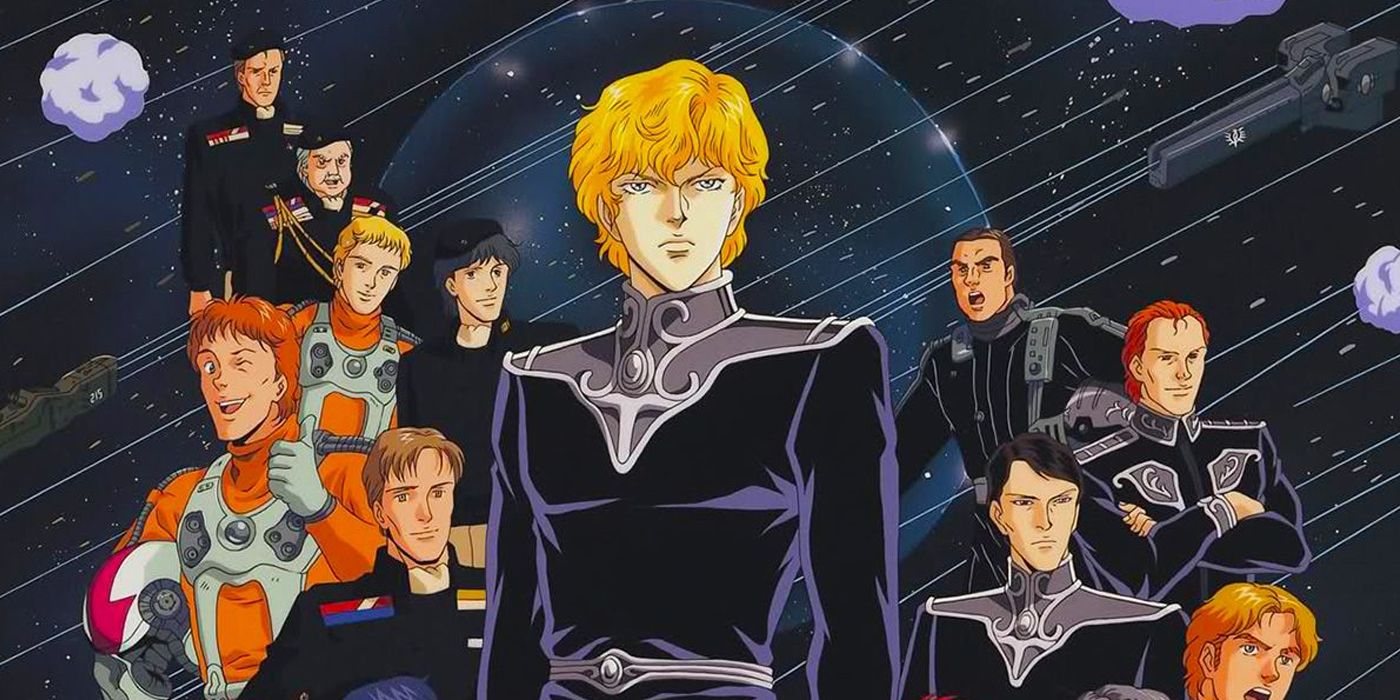
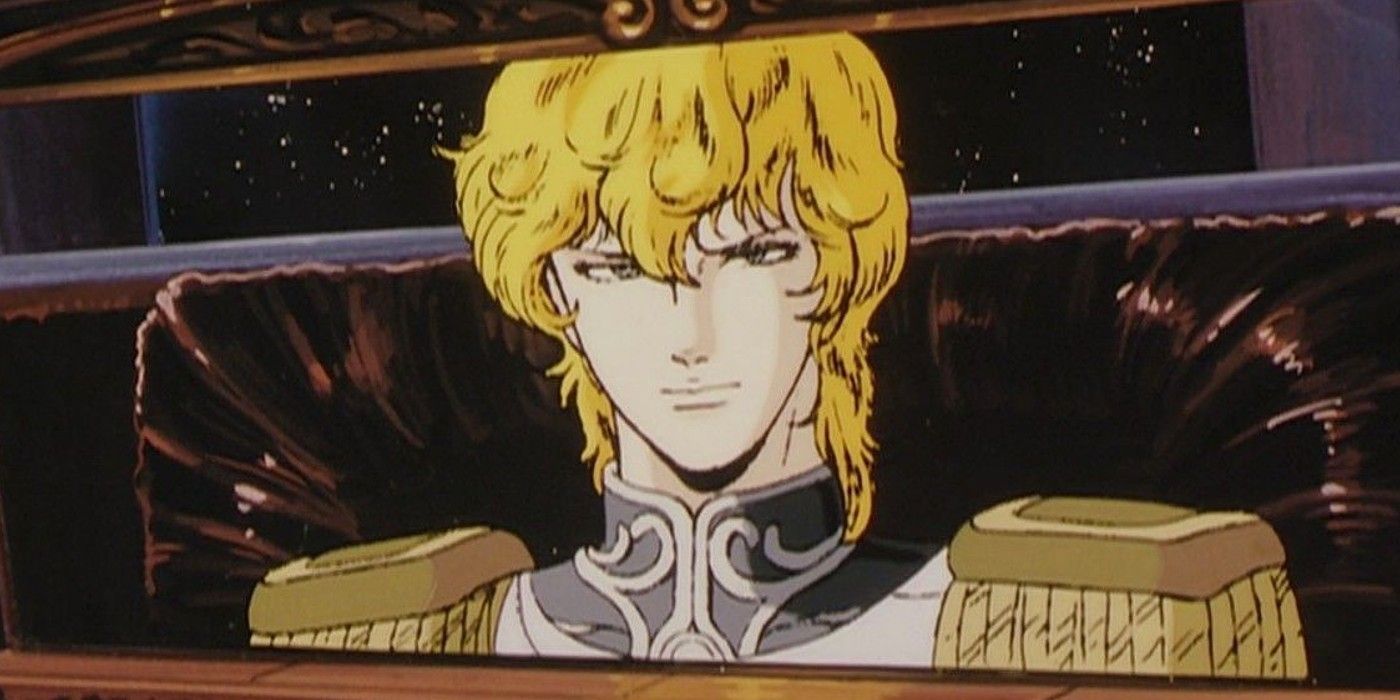
Space sagas were once a common staple in sci-fi anime productions. However, these days, they’re scarcely produced outside of the Gundam series and even within that franchise, space epics are rare in today’s anime scene. This shift can be attributed to the complexities involved in such narratives; they often demand large ensembles, numerous episodes, and, for the most part, they move at a leisurely pace. Engaging modern audiences with the primary focus on the harsh realities of war can prove challenging.
Over time, the anti-war theme in anime has been replaced by more dynamic narratives that carry an inspiring message rather than a somber one. Although not every space saga focuses on anti-war messaging, many incorporate complex political themes that can seem dull at times. Not all sci-fi enthusiasts are deeply engrossed in lengthy tales about trade policies or the grim realities of war.
Sci-Fi Westerns Have Declined Over the Last Decade
Space westerns, much like traditional cowboy genres, are seldom found in contemporary media these days. Occasionally, we might encounter a revival, such as the anime series Trigun, but generally speaking, fresh sci-fi anime productions featuring lone gunfighters against a western backdrop are rare. This trend has noticeably declined over the past decade, and it’s easy to understand why.
In contrast to traditional westerns, contemporary anime often deviates from the trope of a solitary hero entering a town, resolving issues, and then departing into the sunset. Such narratives typically don’t attract enough audience interest to warrant further production. Given that anime is an industry driven by market forces, it generally adheres to the principles of supply and demand. Generally speaking, there’s not a significant appetite for more stories like these, even though they may have been well-received in the past.
Space Piracy Hasn’t Been Featured Because of Limited Scope
In contemporary sci-fi anime, the thrill of space piracy seems to have largely faded away. Shows like “Space Pirate Captain Harlock,” which first graced our screens in 1978, initially ignited this genre, but since then, there’s been a noticeable lack of interest among fans for more space-pirating adventures. It’s intriguing when you consider the enduring appeal of pirates in fantasy realms, such as “One Piece.” So far, science fiction hasn’t managed to spawn a series that captures the imagination like space piracy does in these tales.
In essence, while some Gundam series incorporate space piracy themes, there haven’t been many significant successes in this genre over the past decade. This is primarily due to waning audience interest and the narrow scope of stories focusing on space piracy, as they often lack the expansive universe-building potential that other narratives offer. The closest related theme is bounty hunting, but even that concept has declined in popularity.
A.I. Apocalypses are Rarely Featured in Anime
In the future, we can expect to see more cautionary tales about artificial intelligence. However, at present, there aren’t many recent anime where AI systems dominate the world. The Sibyl System from Psycho-Pass comes close, but it doesn’t quite fit the bill of an AI making decisions.
Stories about AI-induced apocalypses, like “Ergo Proxy”, were once popular, but over the past decade, such cautionary tales about AI have become scarce. It’s likely that these types of stories will regain popularity in the future, but for now, there’s a noticeable absence of AI-driven apocalypses. Instead, anime seems to favor narratives centered around climate apocalypses rather than AI systems dominating the world.
Interplanetary Romance has Been Replaced With School Settings
Once upon a time, the theme of star-crossed lovers was commonly featured in science fiction anime within the realm of romantic stories. However, this concept has become less prevalent in more recent times. While shows like “Darling in the Franxx” might share some similarities, they don’t really fit the mold of two characters from opposite ends of the galaxy. The 2002 movie “Voices of a Distant Star” is often remembered as one of the most famous examples, but since then, stories about star-crossed lovers in hard science fiction have been quite rare.
In many contemporary animations, themes related to intergalactic conflict, like in “Aldnoah.Zero”, occasionally incorporate the star-crossed lovers’ trope as a subplot. However, this particular anime only lightly explores it. The star-crossed lovers’ trope has its following, but it’s uncommon for an anime to build its entire story around this concept. While you might find hints of it in various series, full-fledged narratives centered on the star-crossed lovers’ trope are hard to come by these days.
Audiences Have Moved Away From Dystopian Tales in Anime
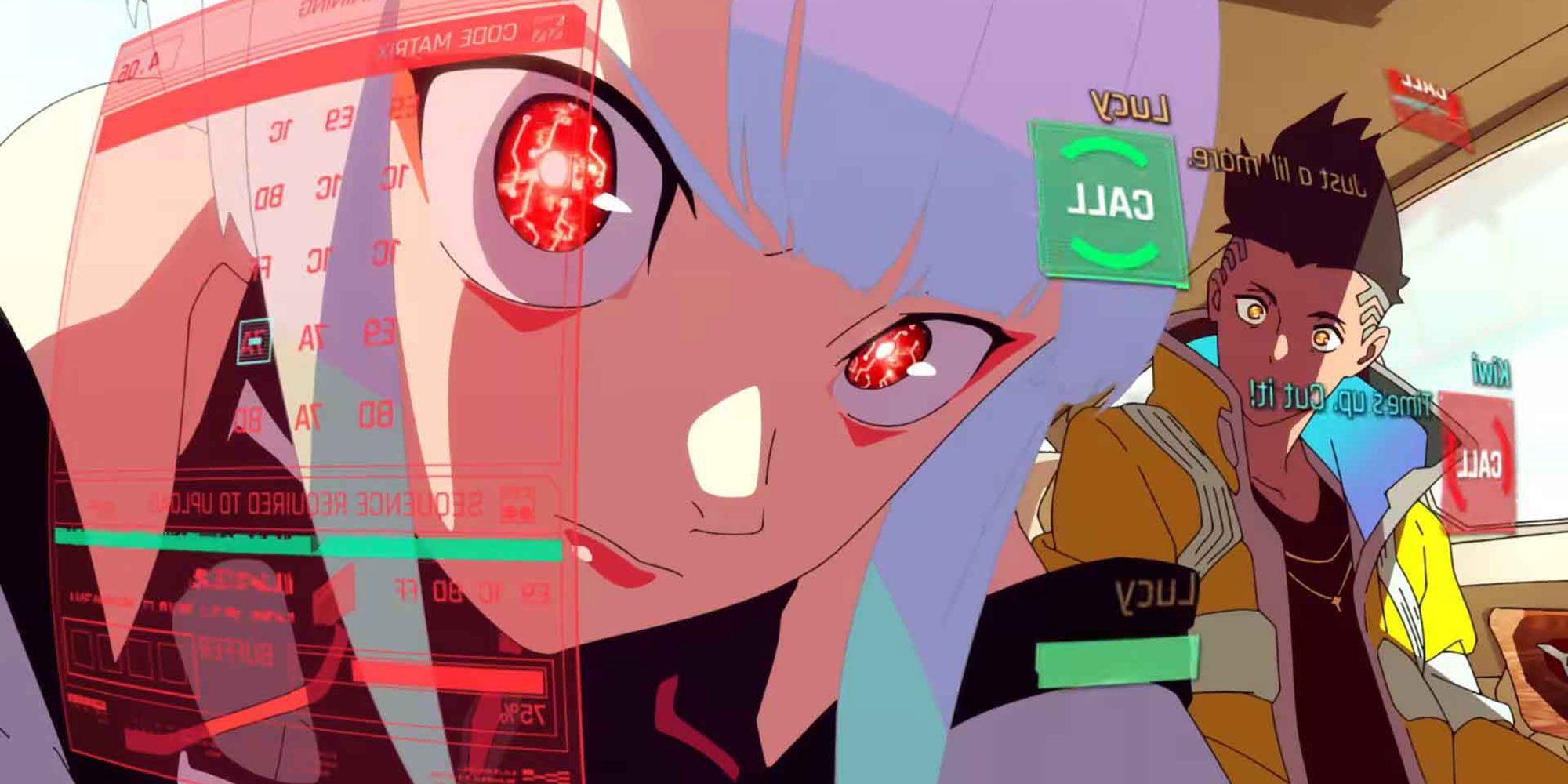
.jpg)
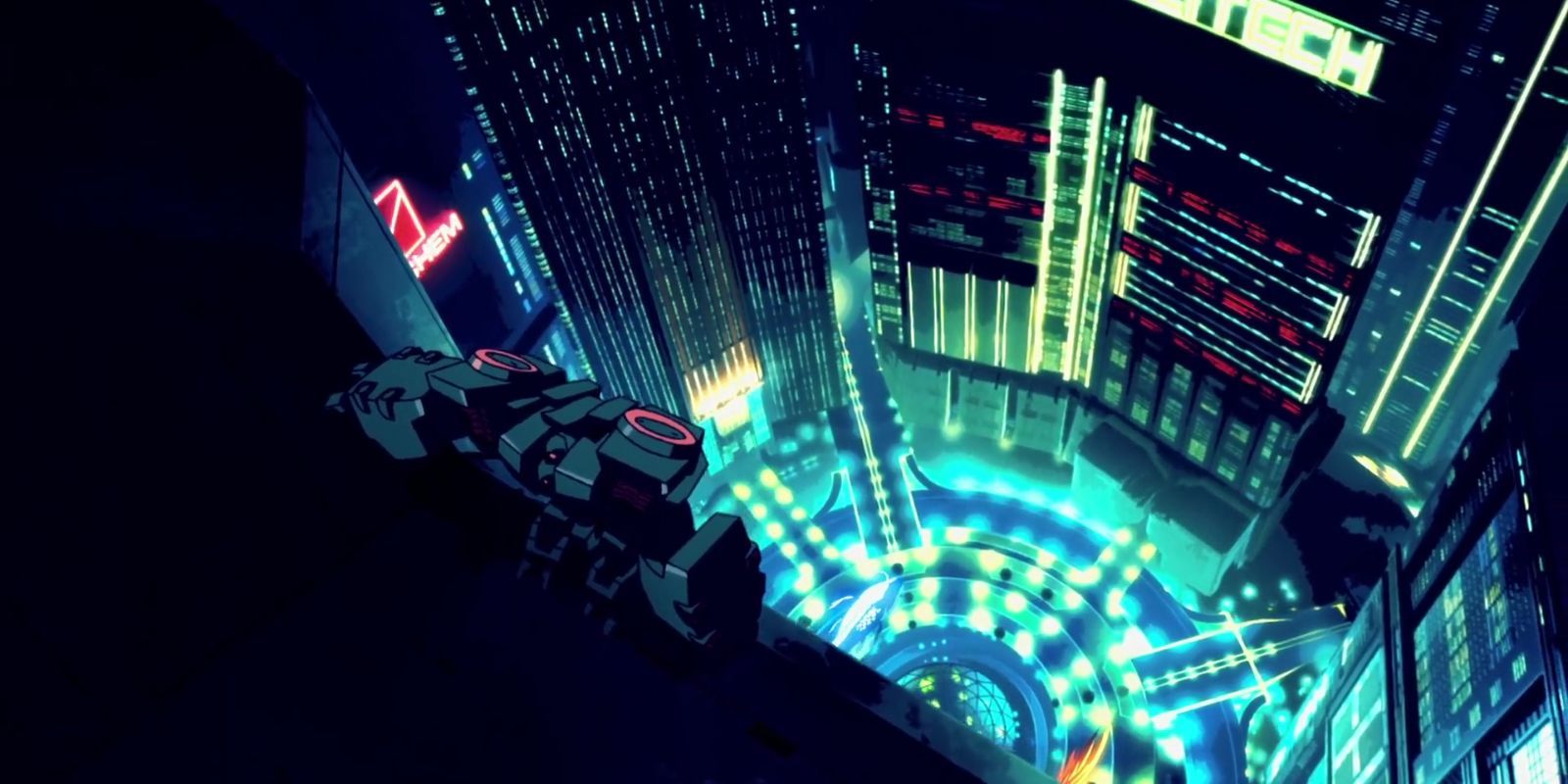
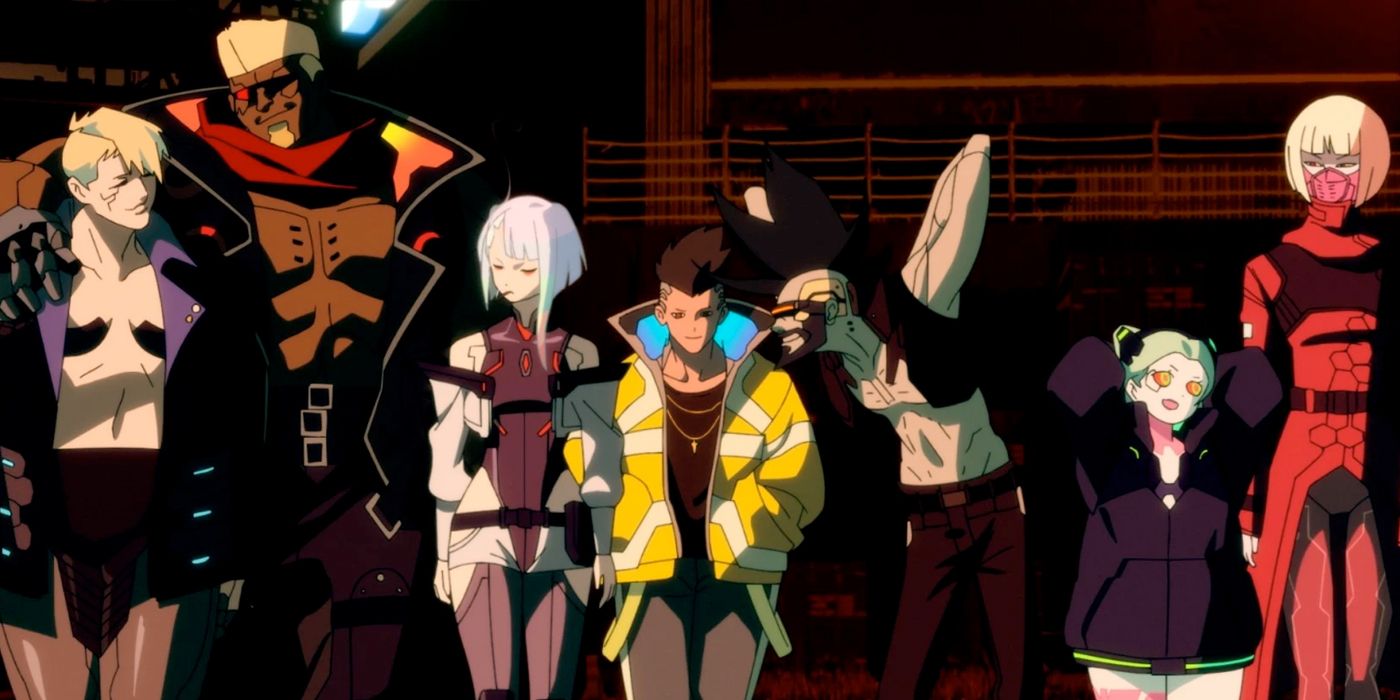
In a more simplified and conversational manner: Anime, over time, has excelled at crafting captivating ideal societies and dark futures within the realm of science fiction. However, it appears that recent productions are less likely to conceal dystopian societies under utopian facades. This storyline is still popular in other genres, but when it comes strictly to sci-fi anime, there seems to be a scarcity of new titles being produced.
In recent times, seasonal anime tend to feature lighter, comedic stories within the contemporary sci-fi genre instead of serious psychological thrillers. This shift is largely due to the dominance of isekai and parody themes, with fans moving away from dystopian narratives. However, the last few years have seen a scarcity of modern psychological sci-fi thrillers. The nearest approximation of this genre was found in the series “Cyberpunk: Edgerunners.
Modern Anime Rarely Touches on Robotic Ethics
Few anime series delve into the concept of robot rights and ethics, with only a few exceptions making a significant impact on the anime community. The Ghost in the Shell franchise is one notable example, but in recent productions, this theme has mostly been replaced by A.I. and robots serving as background elements rather than central focus. As we move forward, it’s expected that artificial intelligence will become more prevalent in sci-fi anime, much like how robots are expected to see a resurgence in the same genre.
In the realm of sci-fi anime, I’ve noticed a shift away from the traditional trope of robots as the main focus. Nowadays, it seems creators opt for robots more as a backdrop for depicting advanced technology, skipping over complex themes like robot rights or ethical dilemmas concerning artificial consciousness. However, even when shows touch upon these topics, they rarely center around the trope itself. The closest modern sci-fi anime has come to exploring this classic theme might be “Vivy: Fluorite Eye’s Song,” yet it doesn’t strictly revolve around robot rights either.
Sci-Fi Anime Prefers Advanced Technology to Decrepit Settings
In recent times, stories about technological apocalypses haven’t been widely favored compared to those centered around climate catastrophes in anime productions. Typically, climate-related disasters have been more prevalent themes, serving as backgrounds rather than central plots. For instance, consider the series “Trigun”, where lost technology is used as a backdrop, with the narrative focusing on other elements instead.
Worlds centered around the consequences of humanity’s arrogance are undeniably captivating, yet this theme has become less common over time. While some science fiction animations may touch on this concept, they seldom delve deeper, using it more as a decorative element rather than developing its potential. It’s disappointing given the richness that could be derived from this trope when executed effectively. A desolate world provides a mystery for sci-fi tales to unravel, but anime rarely expands on the theme when it does appear.
Galactic Wars in Anime Focus on Colonial Rebellion Over Invading Aliens
In current narrative trends, tales of alien invasions have lost their appeal. This is primarily due to the fact that audiences find these stories predictable and overused in recent years. The scenario where aliens invade Earth and humanity fights back has become tiresome. Although it doesn’t inherently lack merit as a story device, it’s no longer considered fresh or engaging.
Overuse has gradually resulted in less frequent employment of the sci-fi anime trope in more modern productions. A relatively recent sci-fi anime that employed this trope could be “Star Blazers: Space Battleship Yamato 2199”, which is itself a remake. There were numerous instances where the trope was skillfully utilized to great acclaim, but these examples primarily come from an era of anime that has passed by now.
The Popularity of Mechas Have Entirely Replaced Traditional Fleet Battles
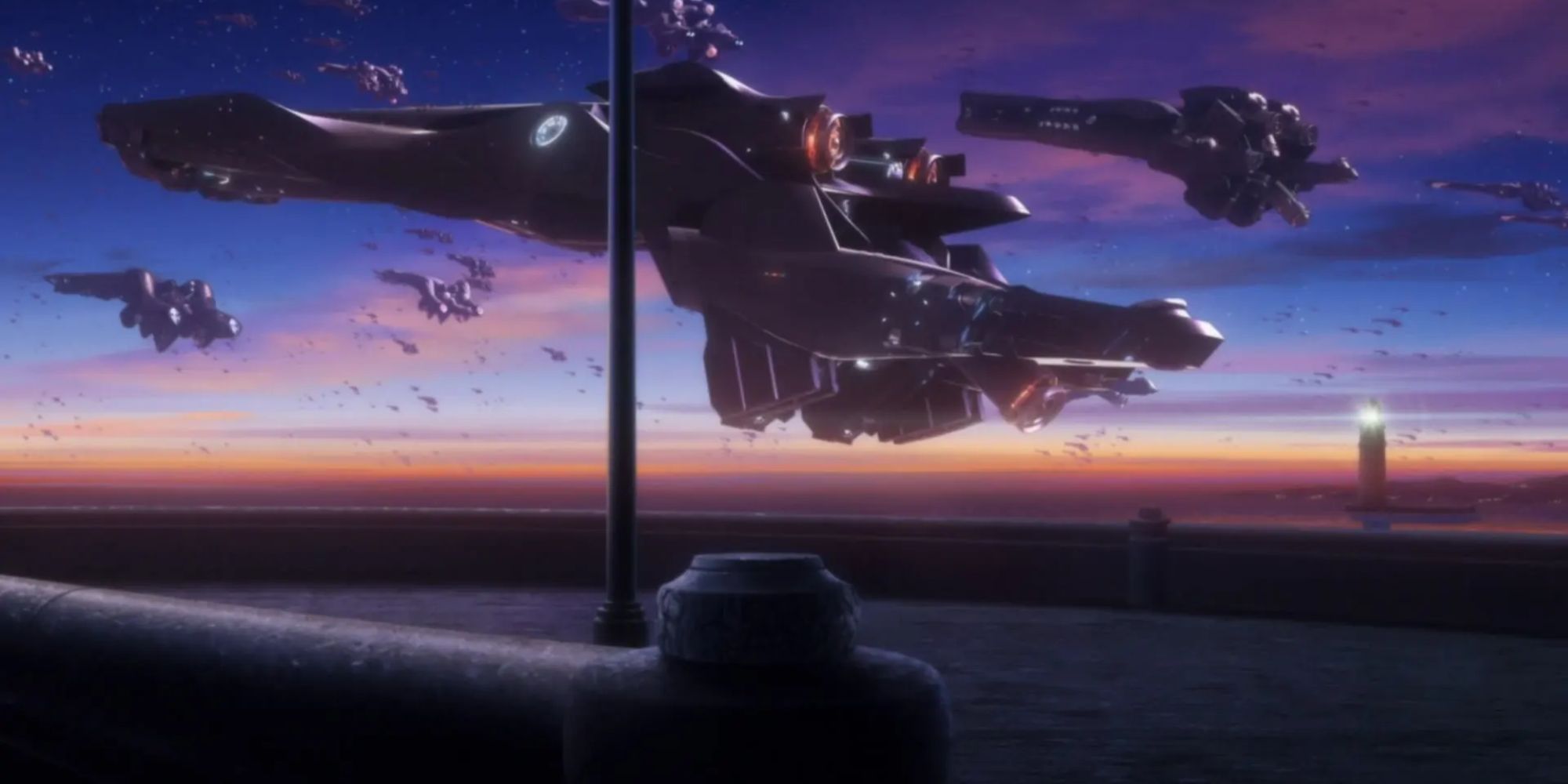
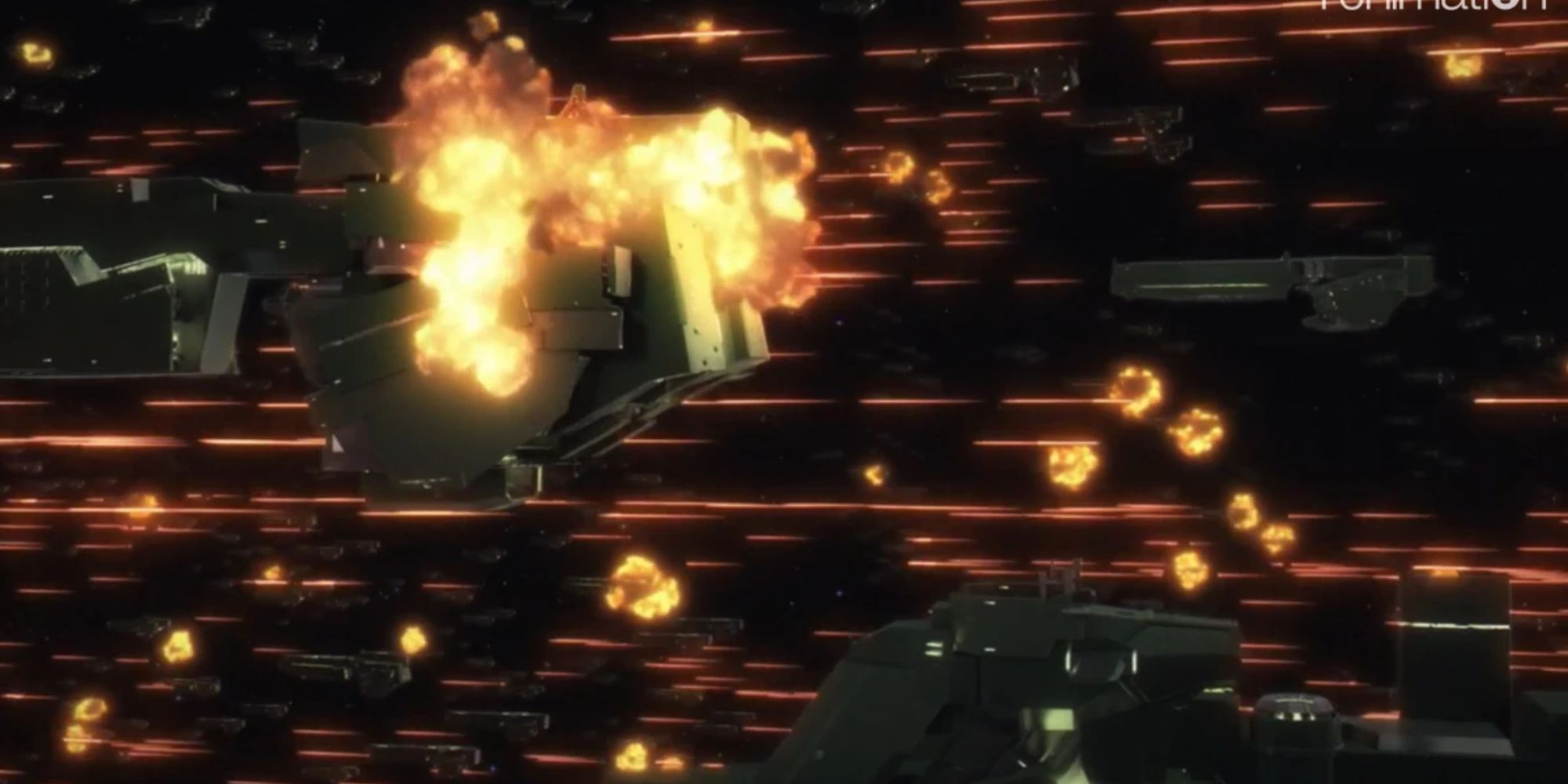
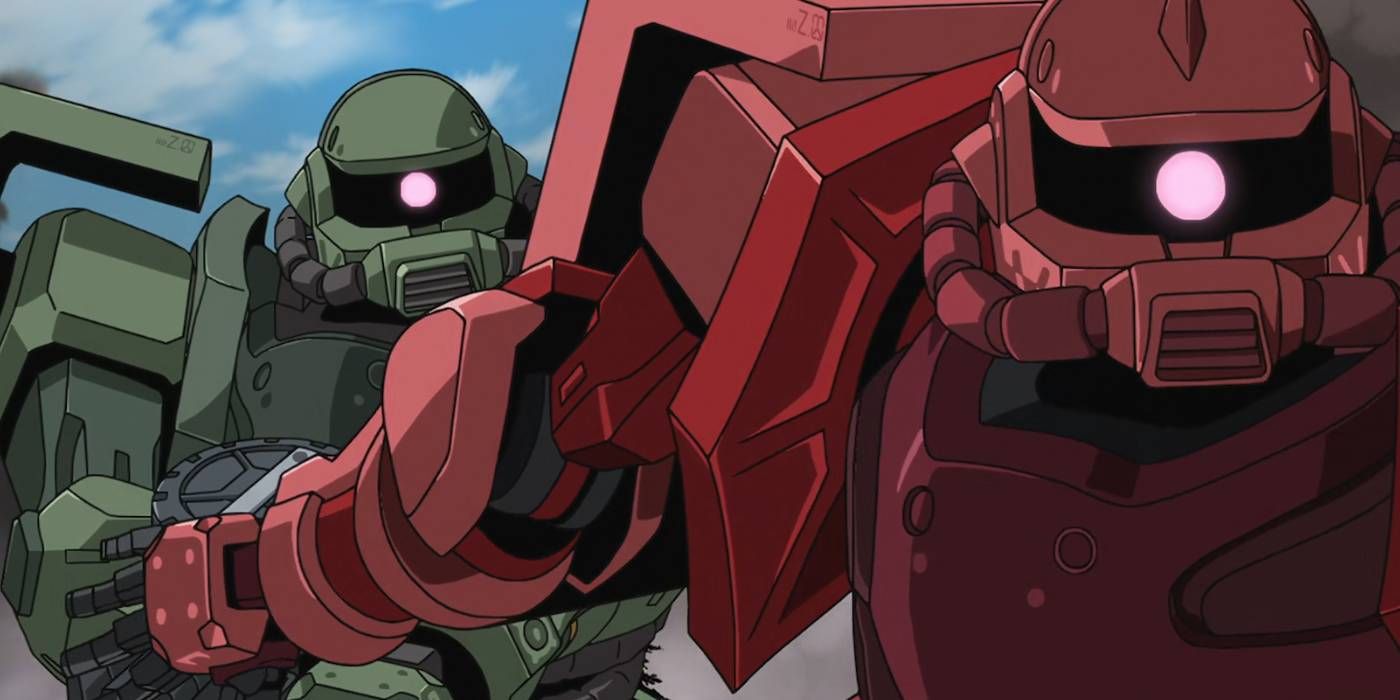
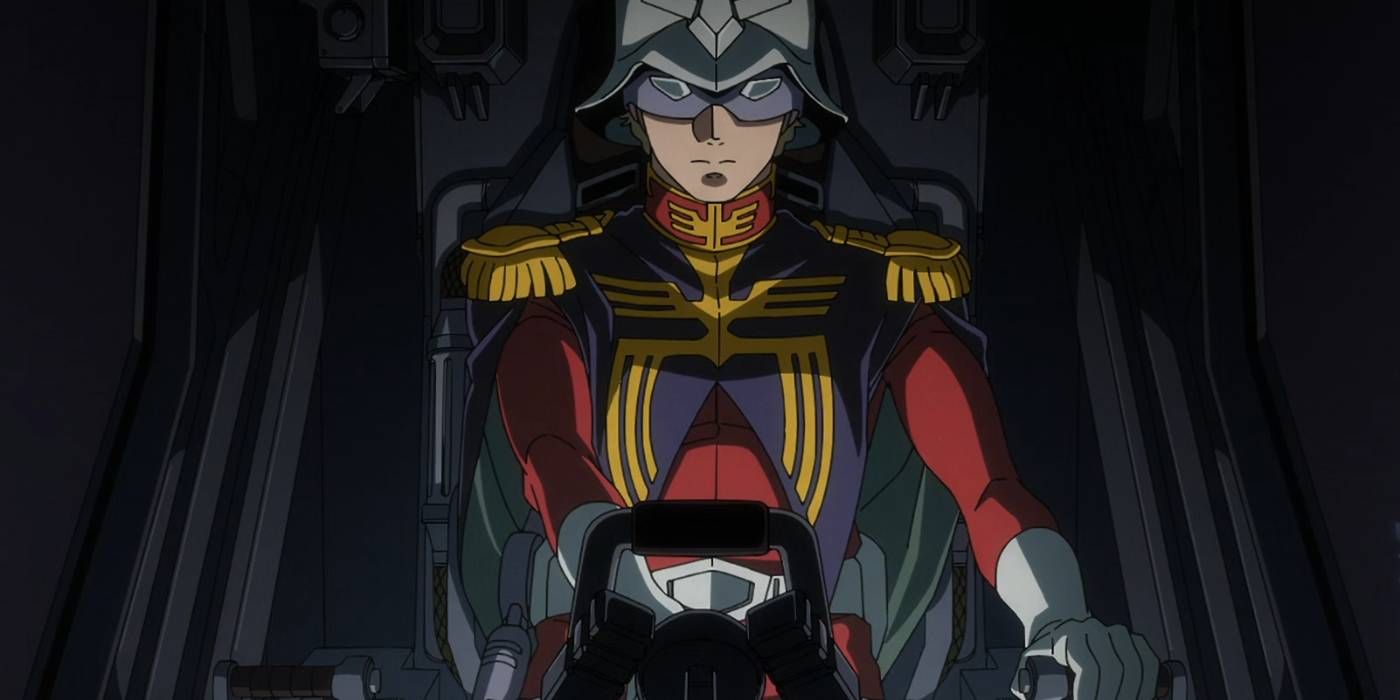
Space conflicts involving large armadas of spaceships have been a common theme in science fiction ever since “Star Trek” and “Star Wars”. Notably, “Legend of the Galactic Heroes”, an anime series, stands out as a well-known and iconic example of this genre, which can be categorized as a political space opera. Epic battles where entire fleets clash in a struggle for dominance in the cosmos is one of the most thrilling science fiction motifs; however, it has been largely overshadowed by the popularity of Mecha.
The influence of giant robots, or mecha, has become prevalent across the entire spectrum of science fiction anime. Even when space battleships and fleets appear in these series, it doesn’t rule out the possibility of a mecha robot stealing the show by dominating its opponents. Shows like Gundam paved the way for mechas in anime, leading to a significant decrease in traditional space battles ever since. Over time, mechs have gradually supplanted the classic space battles, as characters such as Char Aznable demonstrated when he first flew his mecha. While many science fiction themes in anime have rich histories, some of these tropes may no longer resonate with contemporary audiences or may simply not be as popular anymore.
Read More
- Who Is Harley Wallace? The Heartbreaking Truth Behind Bring Her Back’s Dedication
- 50 Ankle Break & Score Sound ID Codes for Basketball Zero
- 50 Goal Sound ID Codes for Blue Lock Rivals
- Elden Ring Nightreign Enhanced Boss Arrives in Surprise Update
- KPop Demon Hunters: Real Ages Revealed?!
- 100 Most-Watched TV Series of 2024-25 Across Streaming, Broadcast and Cable: ‘Squid Game’ Leads This Season’s Rankers
- How to play Delta Force Black Hawk Down campaign solo. Single player Explained
- Here’s Why Your Nintendo Switch 2 Display Looks So Blurry
- MrBeast removes controversial AI thumbnail tool after wave of backlash
- Mirren Star Legends Tier List [Global Release] (May 2025)
2025-04-21 04:19